About Liliana Ancalao
 A leading Mapuche poet, Liliana Ancalao was born in 1961 in what is today Argentina. She is also an oral historian and works with the Mapuche community group Ñamkulawen to advance Mapuche culture. Her books include Tejido con lana cruda; Mujeres a la intemperie-pu zomo wekuntu mew; and Resuello-neyen. She is widely anthologized both within and beyond Argentina in books on Mapuche poetry, Argentine poetry, and indigenous poetry, and her work has been translated into English and French.
A leading Mapuche poet, Liliana Ancalao was born in 1961 in what is today Argentina. She is also an oral historian and works with the Mapuche community group Ñamkulawen to advance Mapuche culture. Her books include Tejido con lana cruda; Mujeres a la intemperie-pu zomo wekuntu mew; and Resuello-neyen. She is widely anthologized both within and beyond Argentina in books on Mapuche poetry, Argentine poetry, and indigenous poetry, and her work has been translated into English and French.
About Seth Michelson
 Seth Michelson has published fourteen books of original poetry and poetry in translation, and he also edited the bilingual-Spanish poetry anthology Dreaming America: Voices of Undocumented Youth in Maximum-Security Detention. He teaches the poetry of the Americas at Washington and Lee University, where he founded and directs the Center for Poetic Research.
Seth Michelson has published fourteen books of original poetry and poetry in translation, and he also edited the bilingual-Spanish poetry anthology Dreaming America: Voices of Undocumented Youth in Maximum-Security Detention. He teaches the poetry of the Americas at Washington and Lee University, where he founded and directs the Center for Poetic Research.
Praise for Women of the Big Sky
Ancalao’s poetry uses subtle, powerful rhythms to evoke daily life, rituals, and family memories. Her writing is an ethical call to unmask the colonial sham and stop its shattering of Mapuche memory.
—Daniela Catrileo, poet, Professor of Philosophy, and member of Editorial y Colectivo Mapuche Feminista Rangiñtulewfü
Ancalao’s poetry lives in multiple dimensions of time. Despite being a poetry of dispossession and loss, it is also mythic and archtypical, for the ages—the moon, the snow, the cold. Ancalao feels it her sacred duty to keep Mapuche heritage and language alive. To gift them to posterity, she must become ever more fluent in her ancestral tongue. For more than a century the Mapuzungun language represented banishment, assigned by the state as a mark of inferiority. But for Ancalao, it is a source of pride. She wants to reclaim and revitalize the language, to feel at home in it—not just for herself, but for all her people.
—Barbara Goldberg, Series Editor
Ancalao is a poet whom we all need. She is teaching us to reclaim our language(s) with tenderness, hope, and precision, and to respect those of others. She is teaching us to listen to one another with rapt attention, patience, and compassion. She is exemplifying ways to be courageous and self-effacing, whether in excavating historical atrocities or in theorizing new conceptions of who we are and who we could be. For through the tropes and figures of poetry, and through her reclamation of Mapuzungun, Ancalao is creating for us new modes of looking into the past, understanding the present, and imagining better futures. Thusly her voice announces both individual and collective possibilities for creating the conditions for more informed and harmonious ways of sharing our precious time together on this Earth, this mapu.
—Seth Michelson, Translator


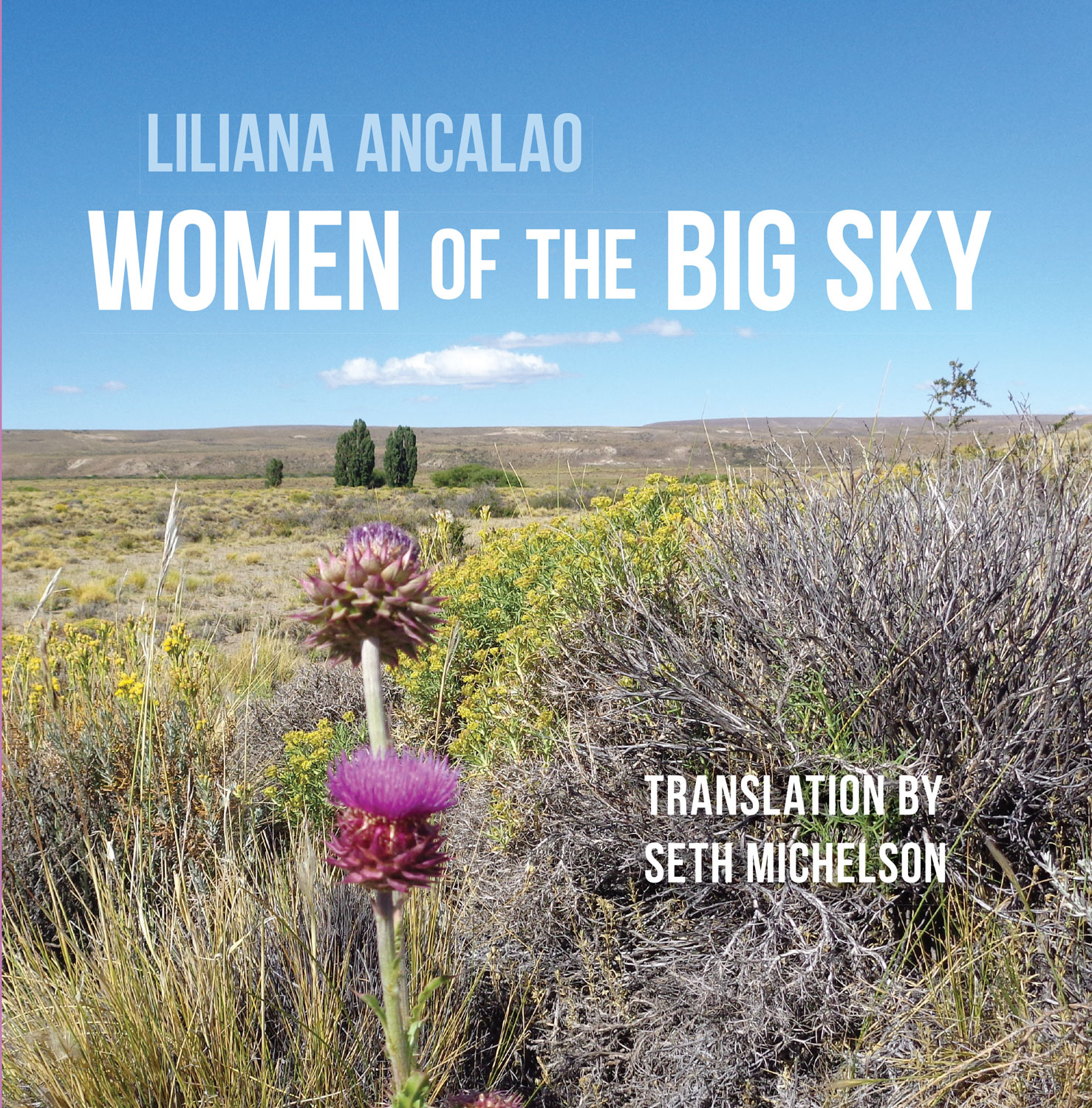

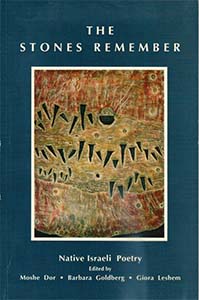
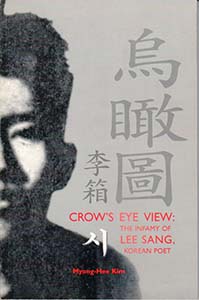
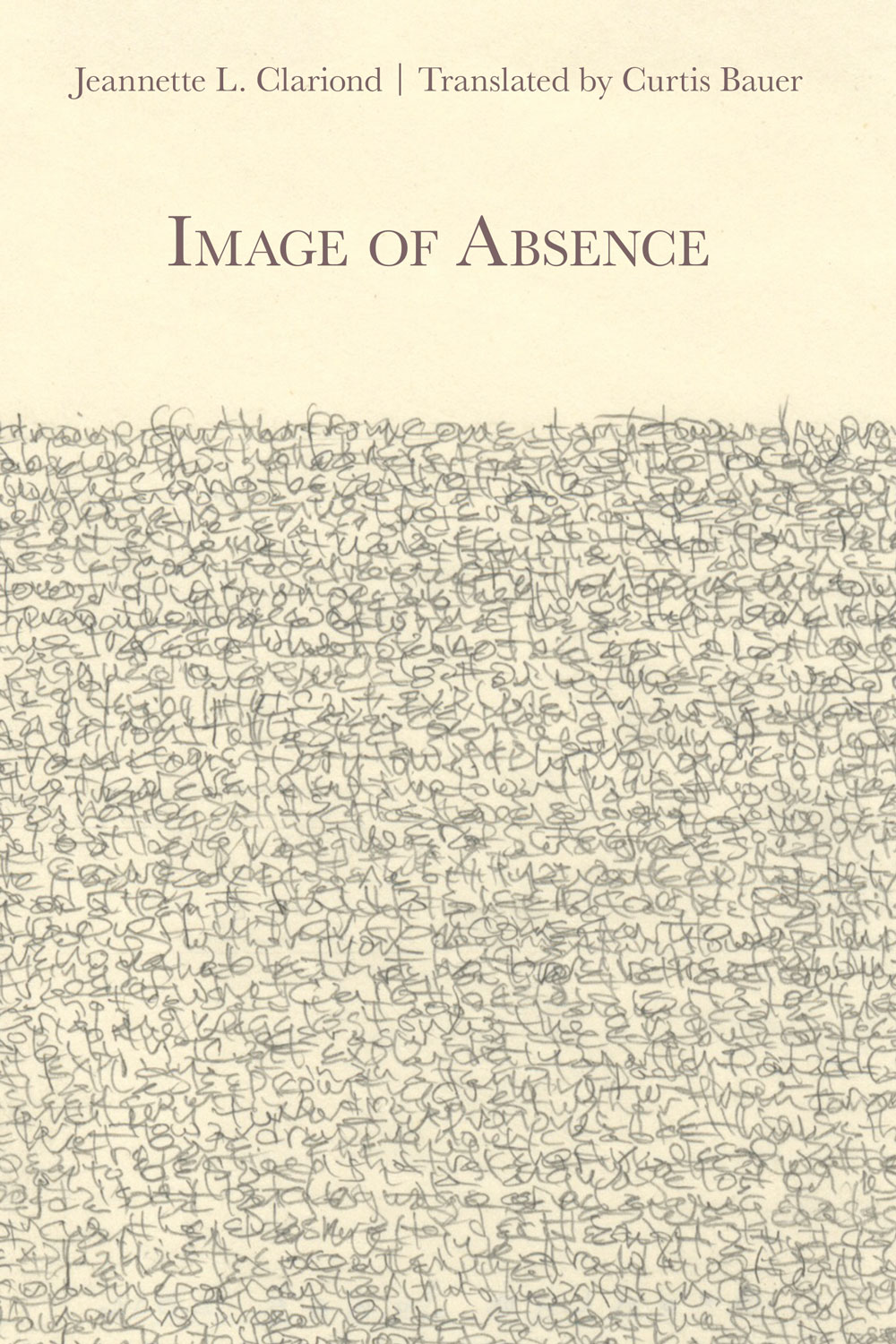
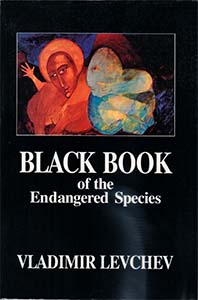
Reviews
There are no reviews yet.